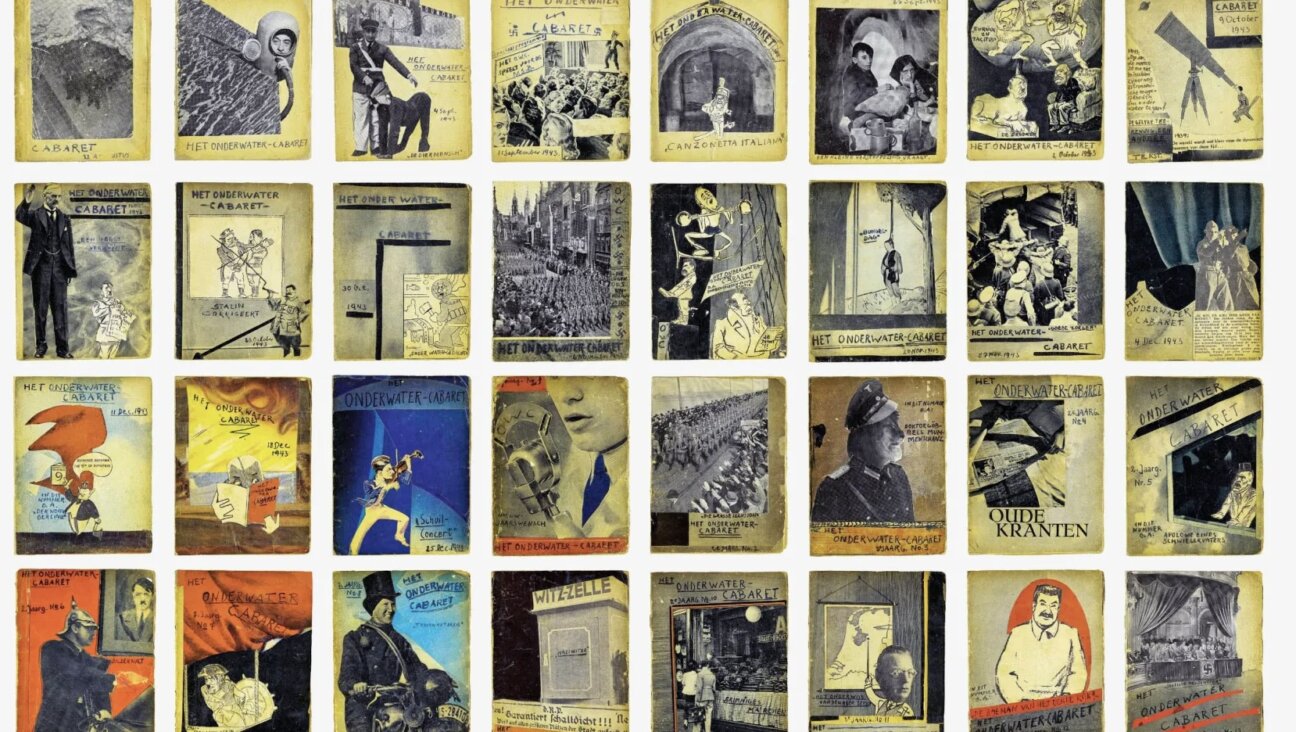Blazing New Trails, Musically
It’s not unusual to find overflow congregants watching High Holy Day services on a television in a synagogue classroom, but hearing songs from a recording rather than from a live cantor is still out of the ordinary. Perhaps for some it seems impersonal, nontraditional or risky.
Craig Taubman’s new album, “Inscribed: Songs for Holy Days,” is music designed for purposes of spirituality, and it is certainly nontraditional and risky.
The songs beg to be listened to rather than sung or davened to, but there is definite drama to the music. Taubman sets liturgical texts to emotionally charged melodies, with dialogue between a solo vocalist and a solo reed or stringed instrument. A chorus of voices occasionally enters with crescendos and harmonies. There are moments of jazzy clarinet riffs, reminiscent of the sounds of klezmer, but most of the songs have an ethereal, new-agey feel. A piano, which serves as a hearty, expressive line under the solo tenor voice, is the predominant instrument throughout the CD.
Critics have praised “Inscribed” for its newness, and Taubman is recognized as a revitalizing force in the world of Jewish music. Along with his music, he has been a fixture in the Los Angeles Jewish community since the 1970s, and he has a strong national following, with more than 20 albums to his credit. Much of his early work was dedicated to traditional Jewish themes and texts sung in the American folk style.
“Craig never rests on his laurels. He’s constantly changing and probing,” said Ron Wolfson, president of Synagogue 3000 and author of the new book “The Spirituality of Welcoming: How to Transform Your Congregation into a Sacred Community” (Jewish Lights). “He brings new ideas to his work, and he always takes risks and tries new things. With Craig, it’s always an adventure.”
“Im ain ani li” is the most shocking track on the album. After a heavily percussive, upbeat introduction, a rapper breaks into the song in English. With the Hebrew text serving as a chorus, the rap is based on the famous saying of a great scholar, Rabbi Hillel: “If I am not for myself, who will be for me?” The rapper advises: “Take a couple steps to be kind to your neighbors. You’ll taste a sweetness in 18 flavors.”
While Taubman should be credited for his innovative efforts, it is the more traditional introduction to “B’rosh Hashanah” that will be, for some, the album’s most spiritually stirring moment. The song sounds like a recording from an actual synagogue. “B’rosh Hashanah” is familiar from last year’s Rosh Hashanah, and the Rosh Hashanahs before that.
For Jews who attend services on one or two occasions a year, hearing the good ol’ tunes of our forefathers is often a cathartic component of the High Holy Day experience. For those who crave something new, “Inscribed” would serve well for family listening.
Sara Rubin is an editor at The Cipher, a monthly newsmagazine based in Colorado Springs, Colo.















